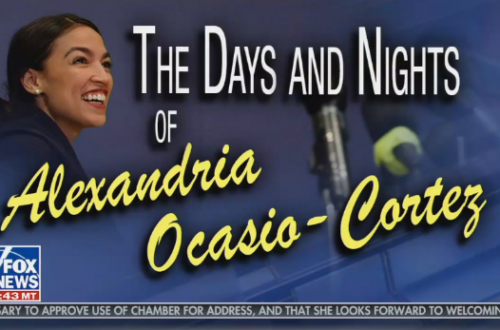Tuesday was a good night for Democrats and a bad one for Trump. Jonathan Martin writes:
Voters delivered their first forceful rebuke of President Trump and his party on Tuesday night, with Democrats exploiting Mr. Trump’s deep unpopularity to capture the governorships in Virginia and New Jersey and make significant inroads into suburban communities that once favored the Republican Party.
The Democratic Party’s crowning success of the night came in Virginia, where Lt. Gov. Ralph S. Northam, an understated physician and Army veteran, won a commanding victory for governor, overcoming a racially charged campaign by his Republican opponent and cementing Virginia’s transformation into a reliably Democratic state largely immune to Trump-style appeals.
It didn’t end with a centrist Democratic taking the NJ and VA governor’s offices. Pplswar detailed the number of Democratic Socialists that won public office that night, which includes Lee Carter, who won a stunning upset to take a seat in the Virginia legislature.
Democrat Lee Carter, a red-haired, 30-year-old Marine veteran from Manassas, won a remarkable nine-point victory to oust Delegate Jackson Miller, a deep-pocketed Republican incumbent who serves as House Majority Whip. Carter ran openly as a socialist—he and his supporters crooned the union anthem “Solidarity Forever” after their victory—and he won with almost no institutional support from the state Democratic Party.
…
Carter came to his political ideology recently—as in, just last year. “I was actually already running by the time I considered socialism as an economic philosophy,” he told me. “My introduction to it actually came through the presidential campaign of Bernie Sanders. He went out there and said, ‘I’m a democratic socialist. Here’s what that means: It means I believe in strong unions, health care for everybody, and an end to discrimination.’ Well, that’s what I believe in, too. I dug a little more into it, and I realized a lot of the problems we have in today’s society reflected in electoral politics are symptoms of economic problems.”
While it is foolish to make any broad pronouncements based on these one-off elections, Dan Scotto notes how this may bode poorly for the Republicans running in the age of Trump:
Gillespie even outpaced his own 2014 Senate bid by raw vote totals across almost the entire state. He got fewer votes in only 7 counties (and cities outside of county rule): Fairfax County, Fairfax City, Arlington County, Alexandria City, Prince William County, Falls Church City, and Winchester City.
Two factors make this worse. First, Gillespie is really a pro. He’s a telegenic, successful former RNC Chair who knows how to run a statewide campaign. And he drowned.
There aren’t many more Ed Gillespie-caliber candidates out there. What you’re actually going to see in 2018 are a bunch of reluctant or weak Republican candidates, knowing that they’re proceeding into a slaughter, facing off against motivated Democratic candidates who have been waiting 10 years for this opportunity. Many vulnerable Republican incumbents or talented potential candidates will sit this one out, choosing to spend more time with their families, or enjoy a cushy six-figure lobbying gig in the swamp.
Second, the same pattern held in both the DC burbs and the non-DC burbs. If this had been limited to Northern Virginia, one might write it off as the backlash of bitter Beltway bandits. But the suburban vote boom occurred throughout the state.
With all this in mind, if the Democrats replicate this sort of turnout balloon in the suburbs in 2018, the wave will be enormous, and the Democrats will emerge in 2019 with a comfortable House majority.
To Republicans: if you don’t fix this, winter is coming.


